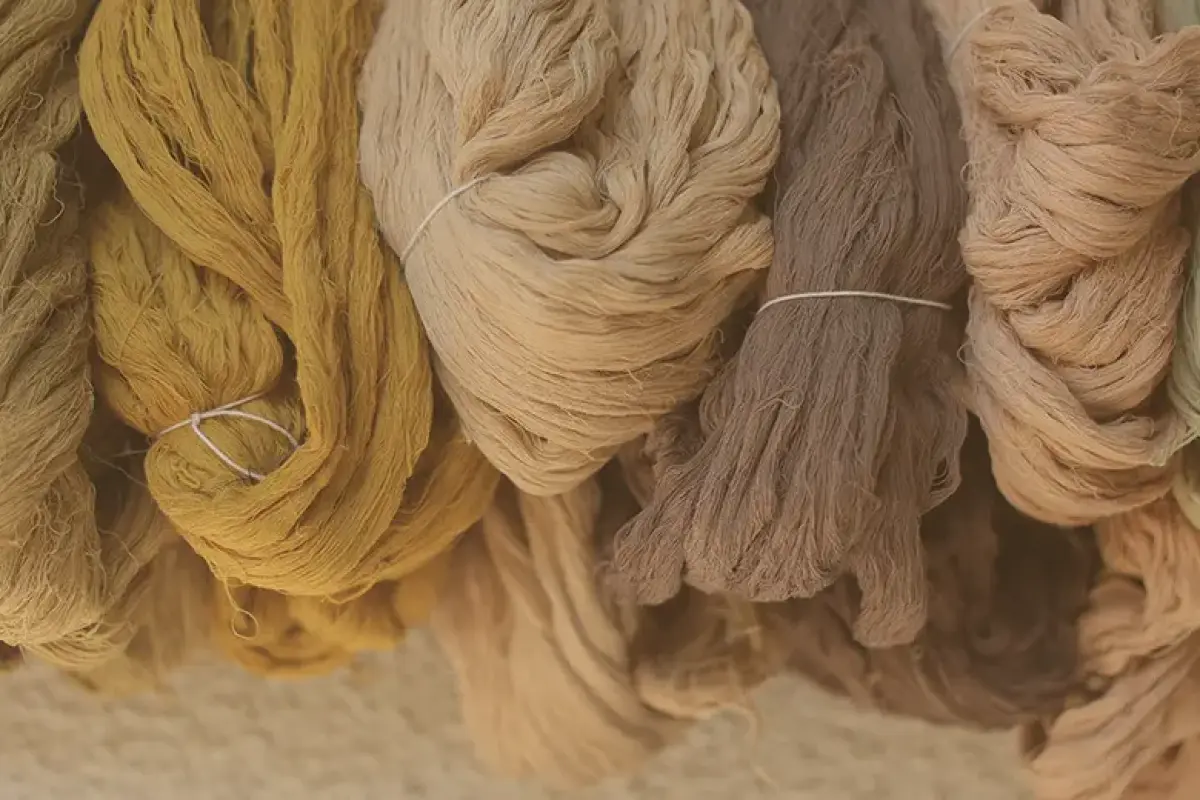
India has long been a global leader in cotton production, but its farmers have faced a myriad of challenges. Unstable weather, rising costs, and poor soil health have all created an uncertain future for cotton farming communities.
The growing demand for more sustainable fashion, particularly organic cotton fabrics and certified fabric has added pressure. A big change is happening. This movement not only tackles these problems but also creates a better future.
This movement focuses on regenerative agriculture. This is a complete approach that is changing cotton farming in India.
The Crisis Facing India’s Cotton Farmers
India’s cotton farmers have faced struggles for decades. The conventional farming methods employed in many regions have led to soil depletion, water scarcity, and a heavy reliance on chemical inputs.
This dependency on synthetic pesticides and fertilisers increases costs for farmers while contributing to environmental degradation. As soil health deteriorates, crop yields decline, leading to financial instability for smallholder farmers, who make up the majority of the workforce in the sector.
Weather unpredictability compounds these problems. Irregular rainfall, prolonged droughts, and shifting seasons make it difficult for farmers to plan planting cycles, putting their livelihoods at constant risk.
Many farmers are caught in a cycle of debt. This is due to the changing global textile market. They struggle to make ends meet. But the rise of regenerative agriculture offers hope.
Regenerative Agriculture: Restoring Balance
Regenerative agriculture provides a way to break this cycle. By focusing on restoring soil health, enhancing biodiversity, and reducing the need for chemical inputs, it presents a sustainable alternative to traditional farming methods.
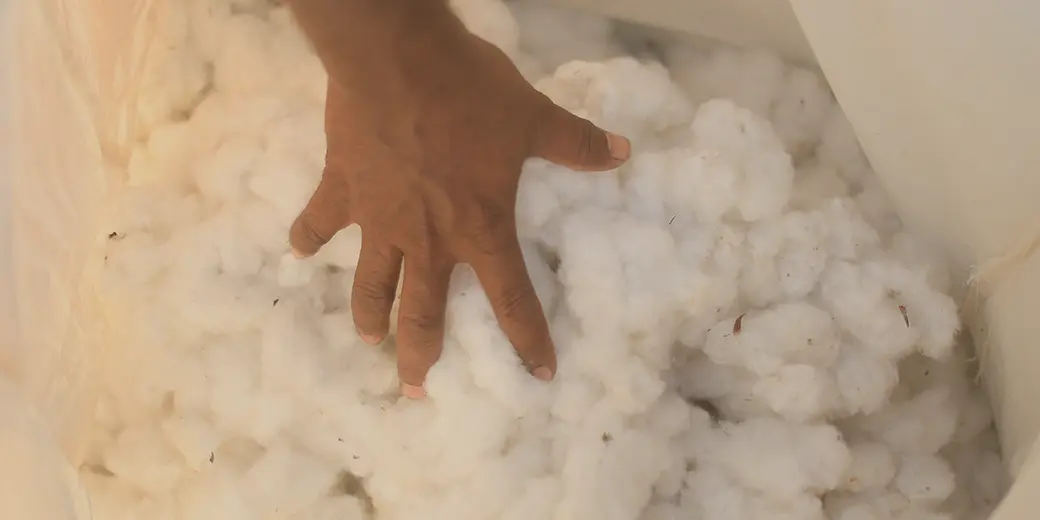
Techniques such as crop rotation, cover cropping, and no-till farming are central to this approach, helping to build soil fertility over time. Healthier soil leads to more resilient crops, which can better withstand the challenges posed by changing weather patterns.
For cotton farming, regenerative practices focus on using less water, increasing soil organic matter, and boosting long-term productivity. Unlike traditional methods, which often deplete the land of nutrients, regenerative agriculture works with nature. This approach helps farmers keep healthy soil ecosystems that can renew themselves.
Organic cotton fabrics are a key component of regenerative agriculture. By eliminating synthetic chemicals, farmers reduce costs and create a safer environment for both themselves and their surrounding communities.
Organic cotton is also in high demand among natural clothing brands and organic fashion brands that are committed to sustainability. This growing market creates new opportunities for farmers who adopt these practices and connect with ethical clothing brands.
How artisan:re Empowering Cotton Farmers
At the forefront of India’s organic cotton transformation is artisan:re, a social enterprise backed by RPG foundation based in Mumbai, India committed to supporting farmers through the transition to regenerative agriculture. artisan:re plays a critical role in helping farmers understand the long-term benefits of organic cotton farming and provides them with the education, tools, and support needed to succeed.
Beyond supporting sustainable farming practices, artisan:re is also investing in community development. They work closely with women in rural farming communities. They provide skills training in weaving, natural dyeing, and making biochar from agricultural waste.
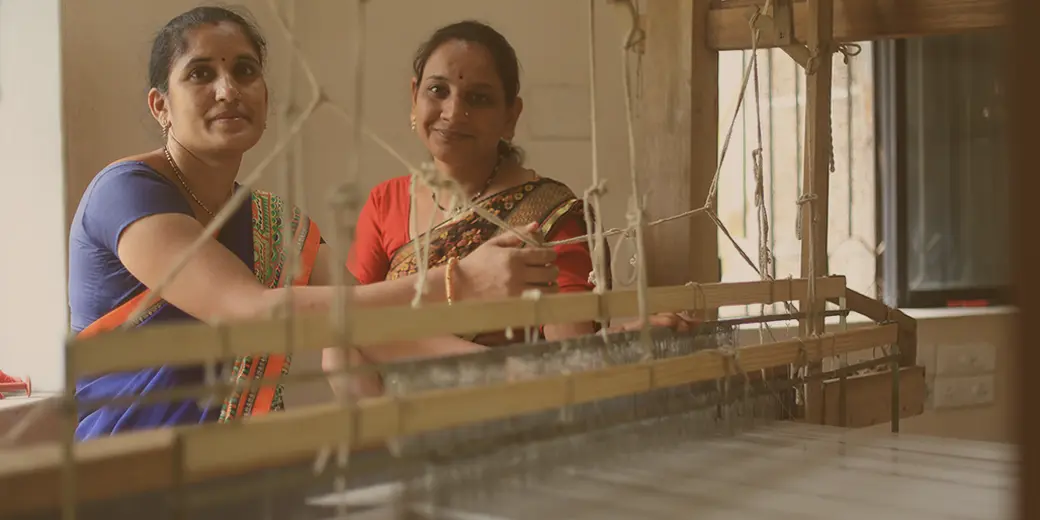
These efforts create different ways to earn money and help women gain financial independence. Women are often the backbone of India’s rural economy.
By giving farmers the knowledge and tools for regenerative agriculture, artisan:re is creating a positive impact. This helps both the environment and the local economy.
With this approach, cotton farmers can boost their yields, reduce costs, and create high-quality organic clothing. This meets the growing demand for sustainable dress brands and all-natural clothing worldwide.
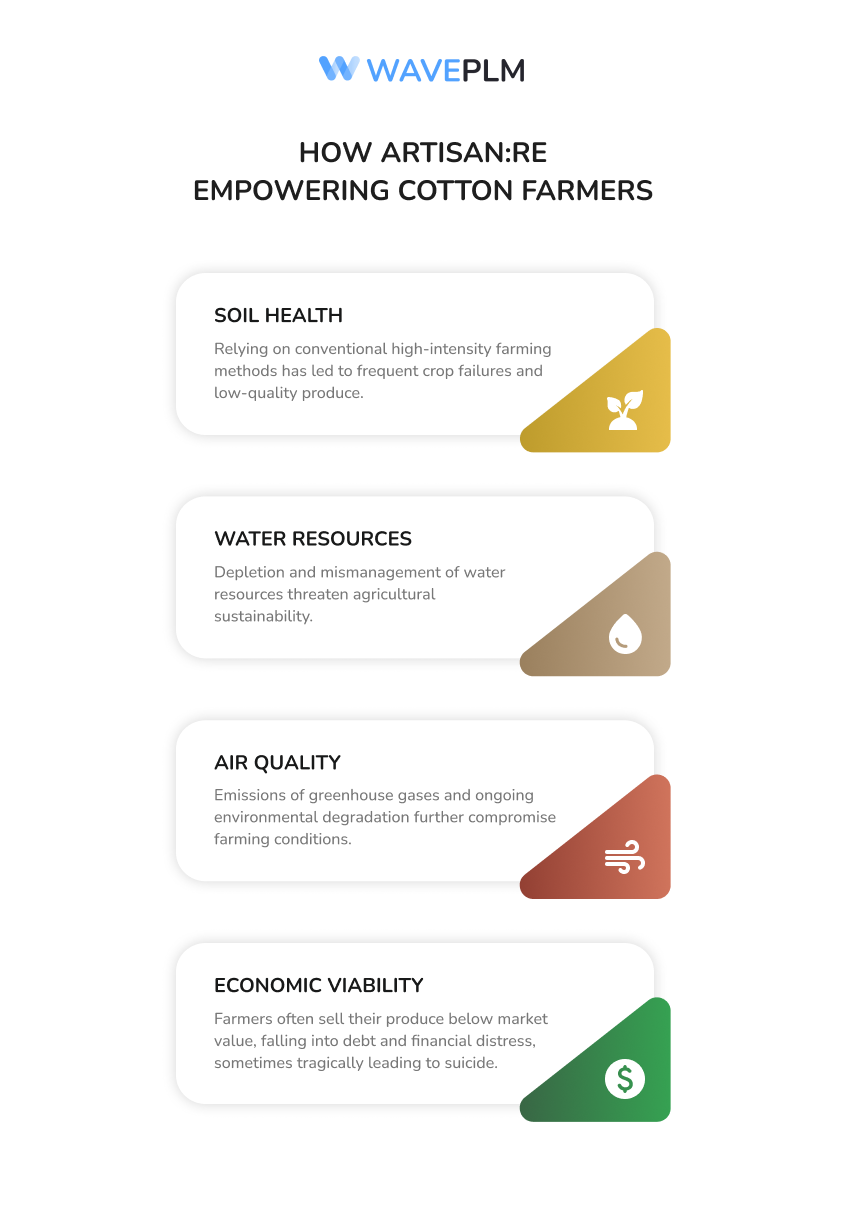
The Role of PLM Software in Sustainable Supply Chains
As the demand for sustainable cotton increases, so does the need for efficient and transparent supply chain management. This is where Product Lifecycle Management (PLM) software steps in.
PLM software is designed to streamline every stage of the product development process, from sourcing raw materials to delivering the finished product. Fashion brands incorporating organic cotton into their collections can rely on PLM to trace the origin of their materials and maintain transparency across the supply chain. This aligns with artisan:re’s core initiative of ensuring a fully traceable and certified supply chain—a goal made achievable through such collaboration.
For example, Wave PLM helps brands gather data on sustainable cotton sourcing. It tracks materials and ensures suppliers meet fabric certification standards. This transparency is critical, especially as consumers demand more ethical and eco-friendly products.
Fashion PLM gives real-time updates and encourages teamwork among suppliers, manufacturers, and retailers. This helps brands reduce waste, lower costs, and meet the demand for natural clothing.
For brands working with rural communities and seeking to maintain transparency, fashion PLM serves as an excellent tool to ensure efficiency and authenticity across the supply chain.
Apparel PLM connects farmers to the fashion industry. This helps farmers join a supply chain that values transparency and sustainability. By integrating technology with traditional farming practices, the entire cotton ecosystem becomes more efficient and aligned with global sustainability goals.
Connecting with Natural Clothing Brands
Today’s consumers are more conscious than ever about where their clothes come from and how they are made. They actively seek out organic fashion brands and certified fabric sources that align with their values. This growing demand has led to the rise of natural clothing and cotton clothing brands that prioritize sustainability and ethical sourcing.
For Indian cotton farmers, this shift represents a significant opportunity. By producing organic cotton fabrics, they can tap into a lucrative global market while maintaining environmentally friendly practices. All-natural clothing brands that focus on transparency and sustainability can also benefit from these partnerships by sourcing ethically produced cotton and other organic fabrics for their collections.
A Sustainable Future for India’s Cotton Industry
The future of organic cotton farming in India is brighter than ever, thanks to the combined efforts of regenerative agriculture, organizations like artisan:re, and modern supply chain technologies such as PLM software. Farmers who once struggled are now finding new chances to grow. Organic and sustainable cotton is becoming popular in the global market.
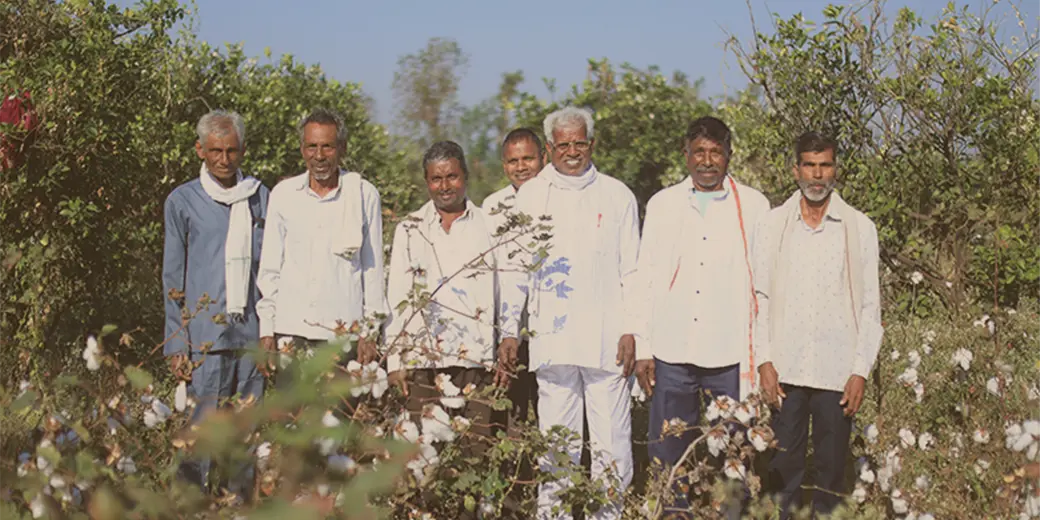
By adopting regenerative practices, India’s cotton farmers are not only improving their livelihoods but also contributing to a larger global movement toward sustainability. They are growing healthier crops and reducing their impact on the environment.
They are also preparing to meet the growing demand for organic cotton fabrics. Organizations like artisan:re together with fashion PLM is helping to create a better future. This change benefits farmers, brands, and consumers.





Leave a Reply